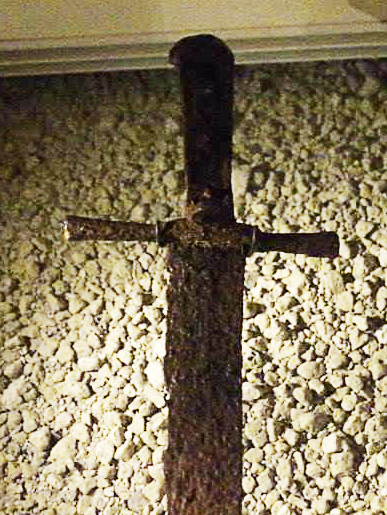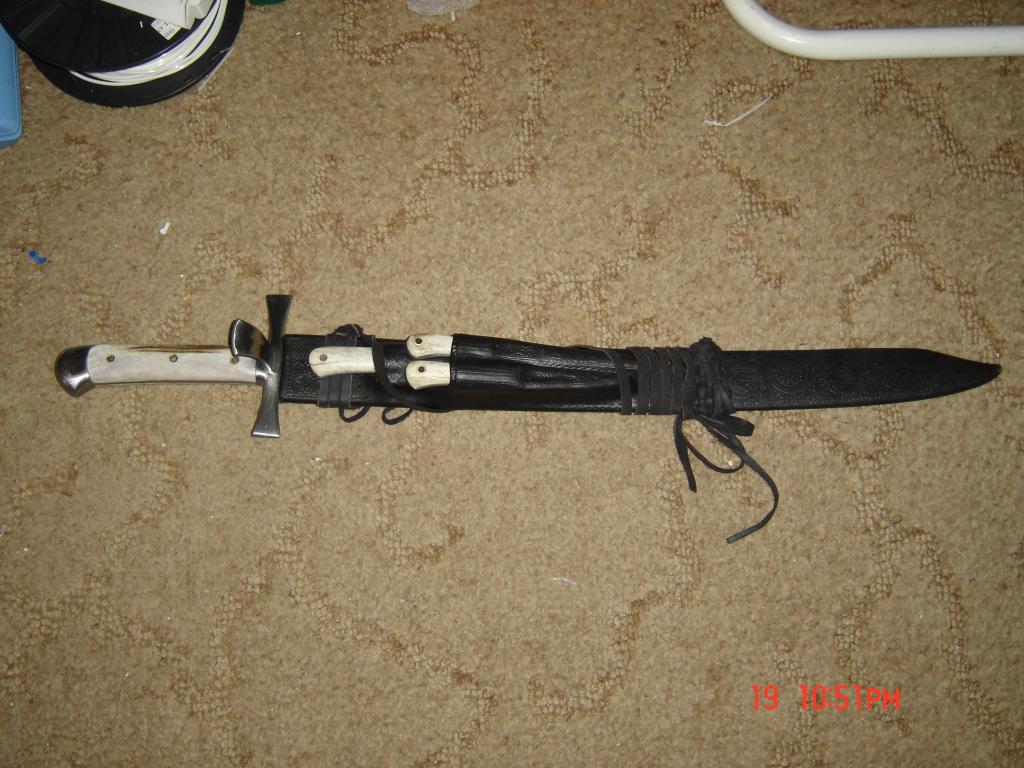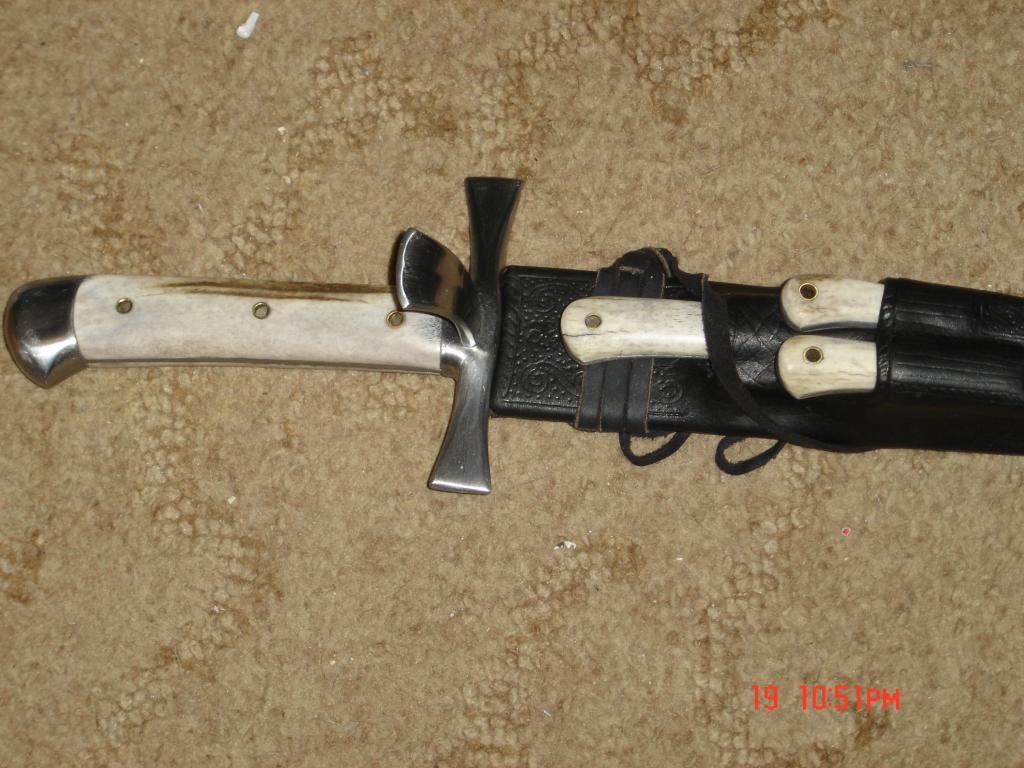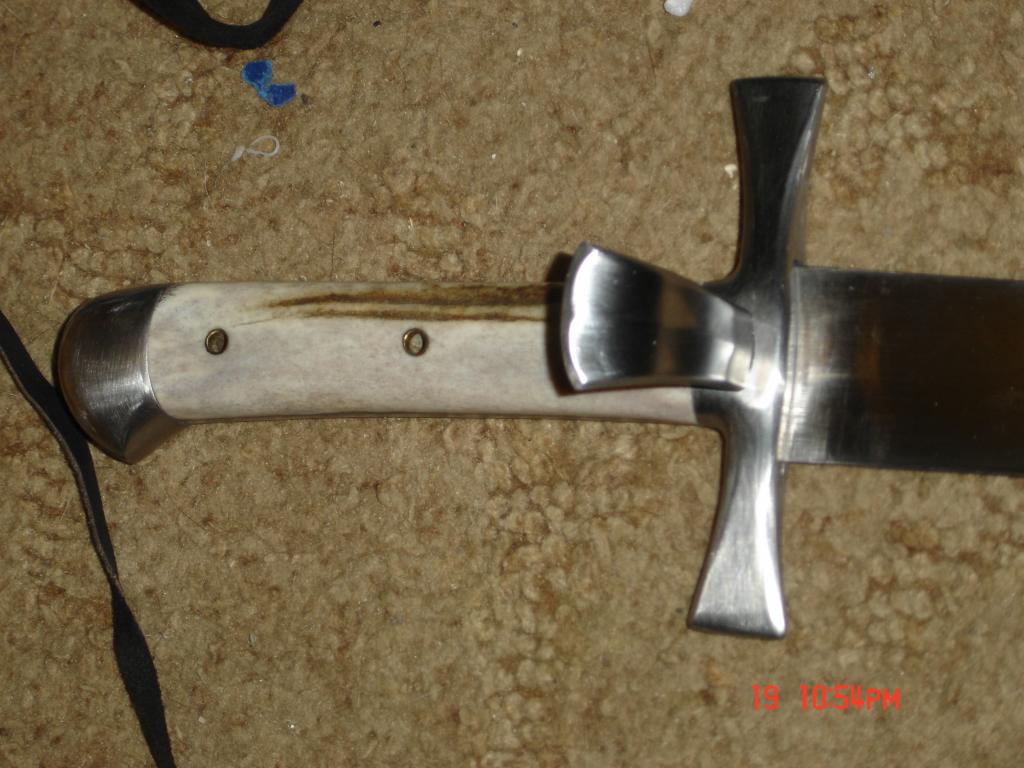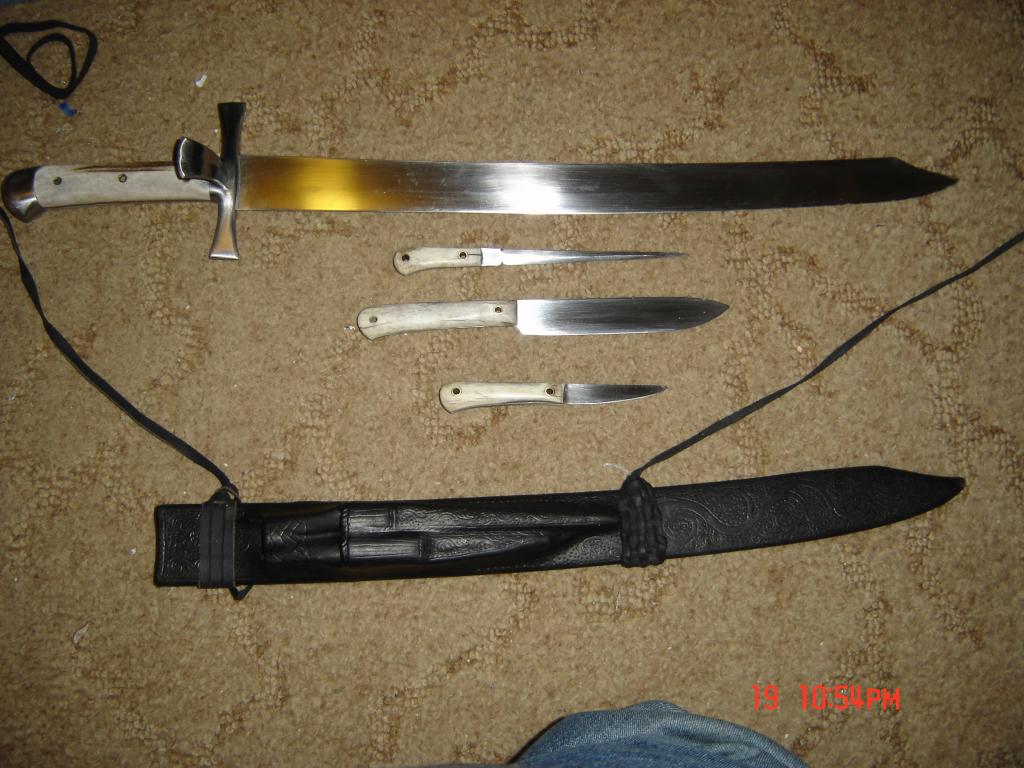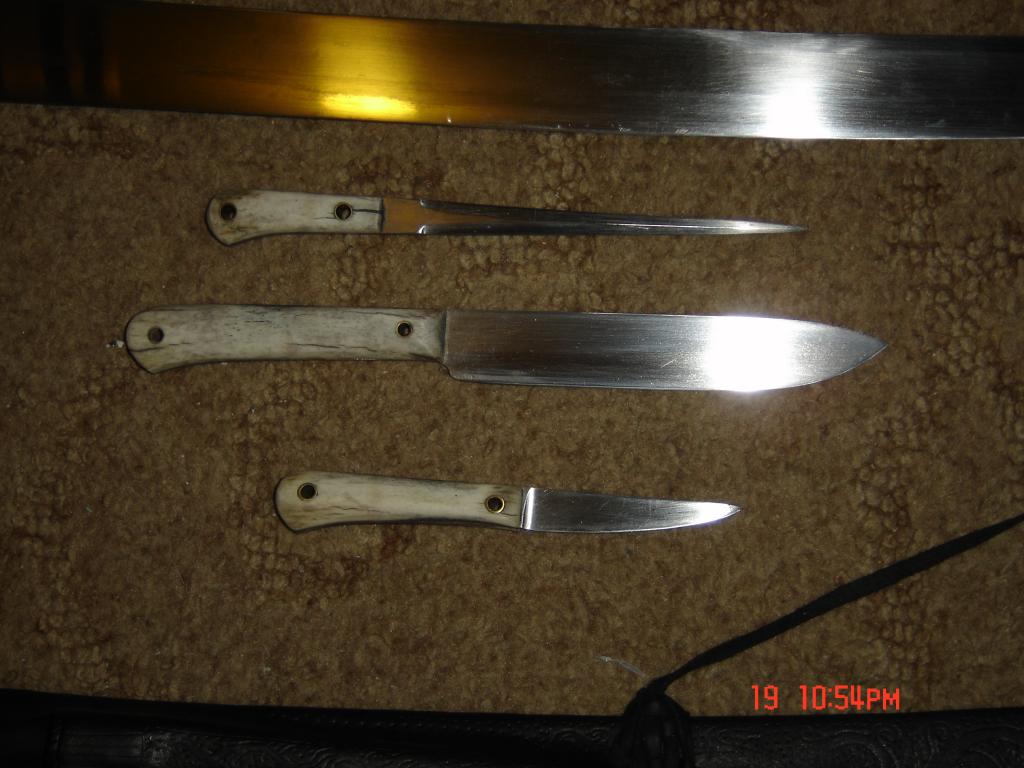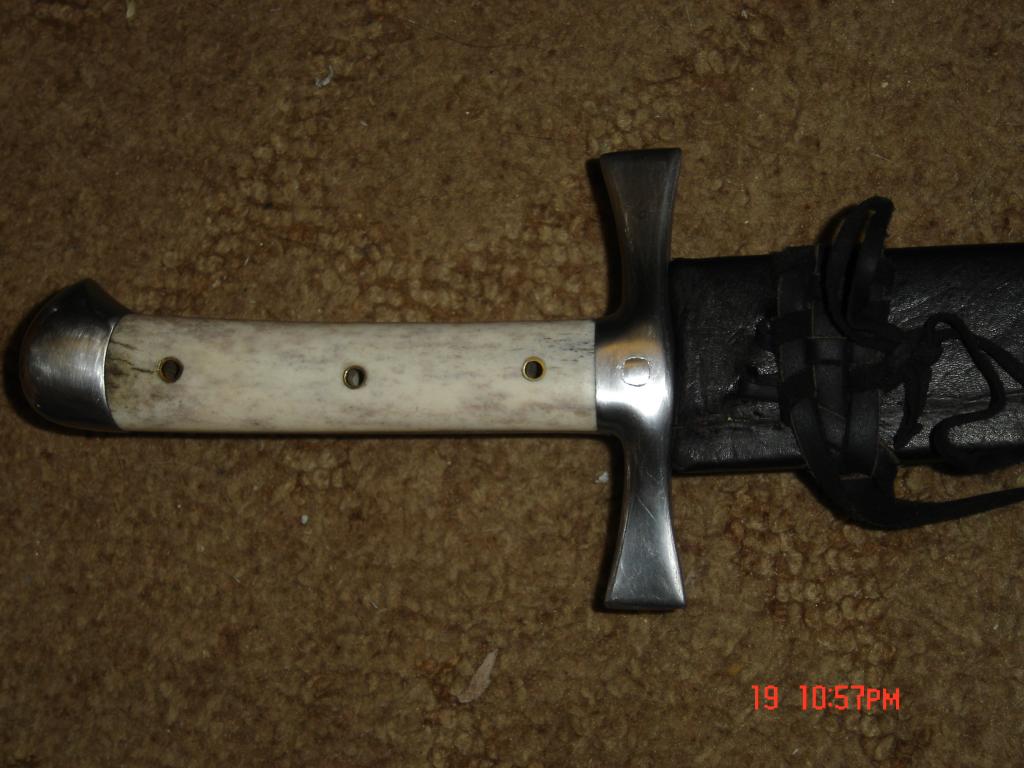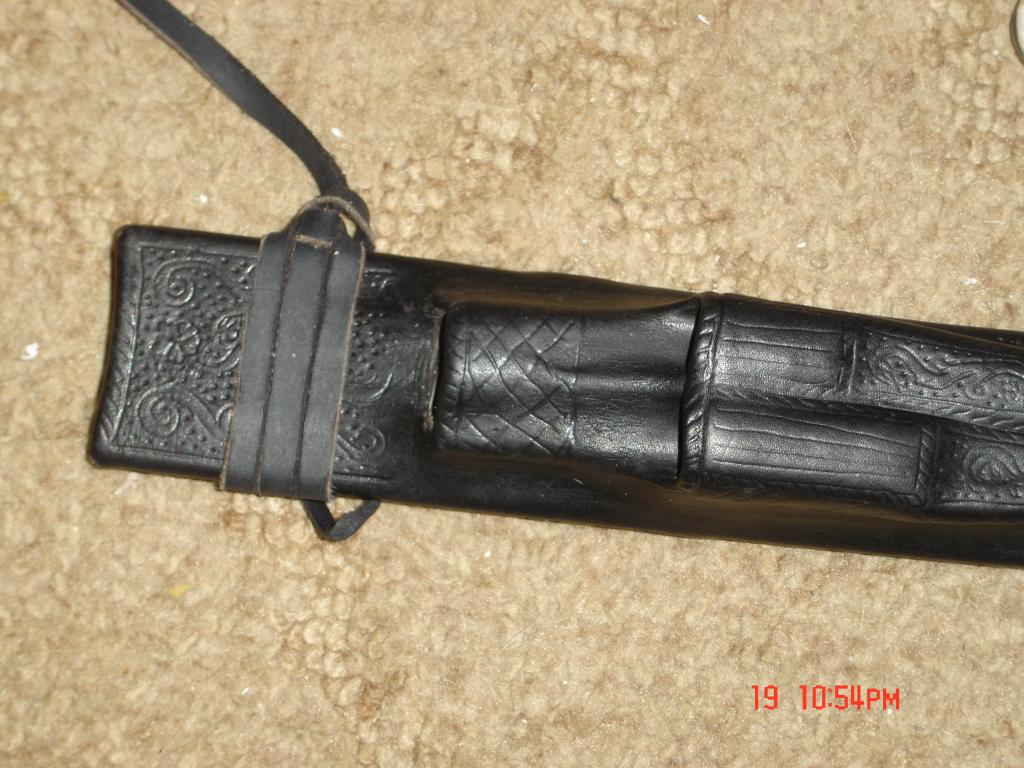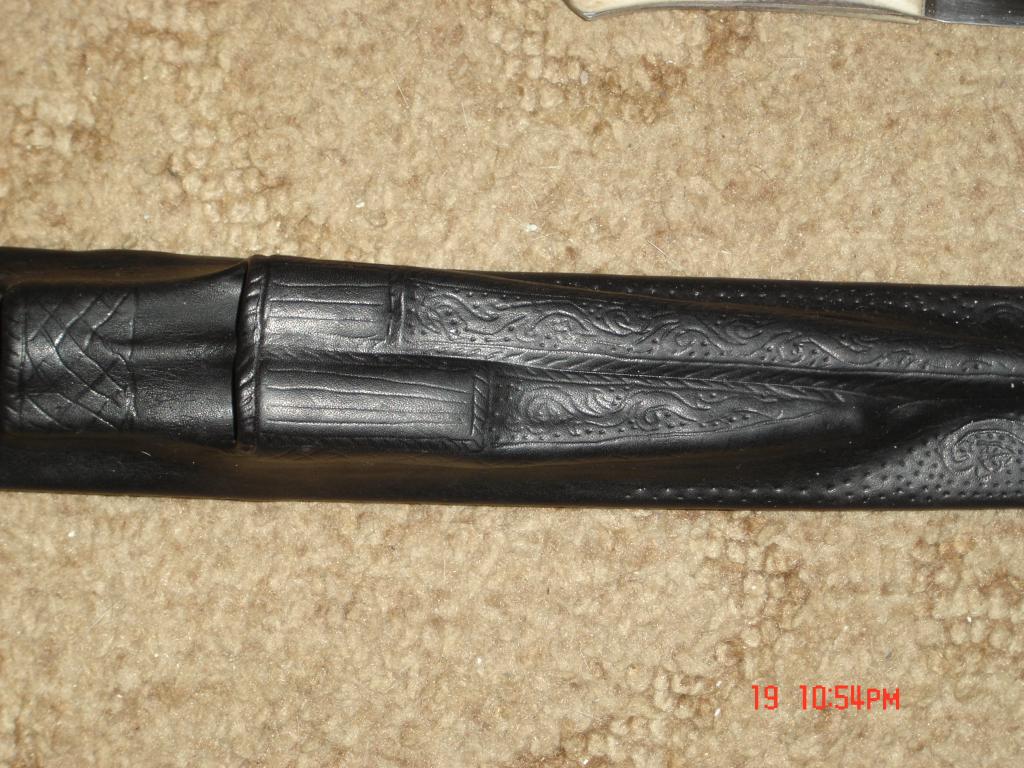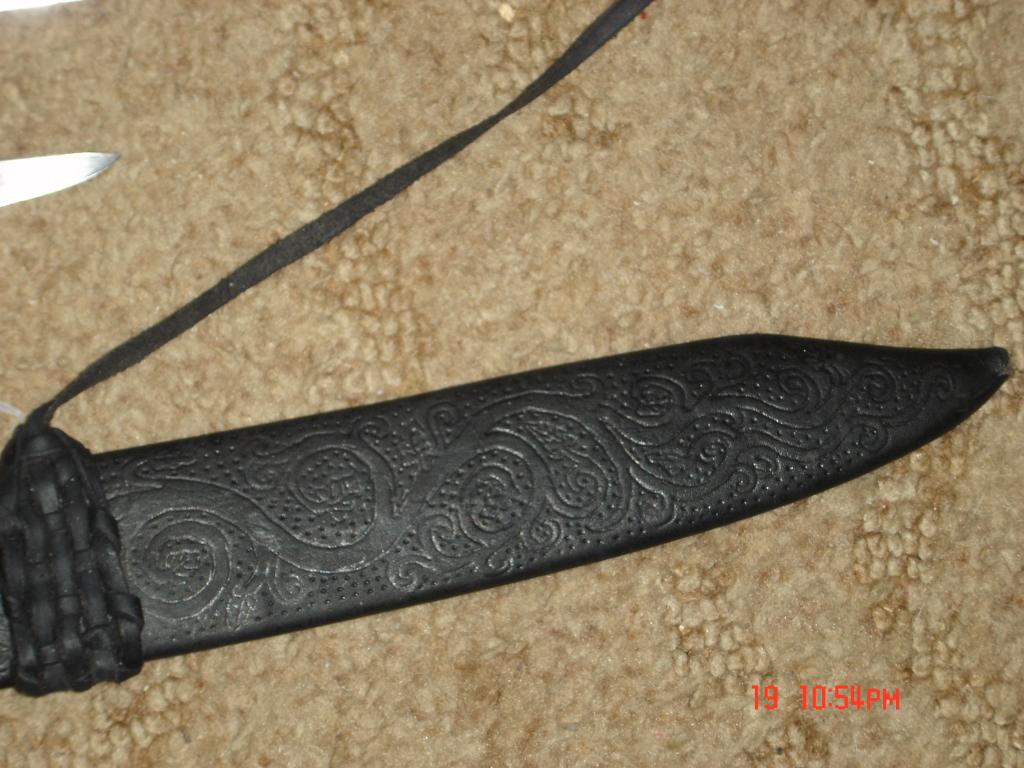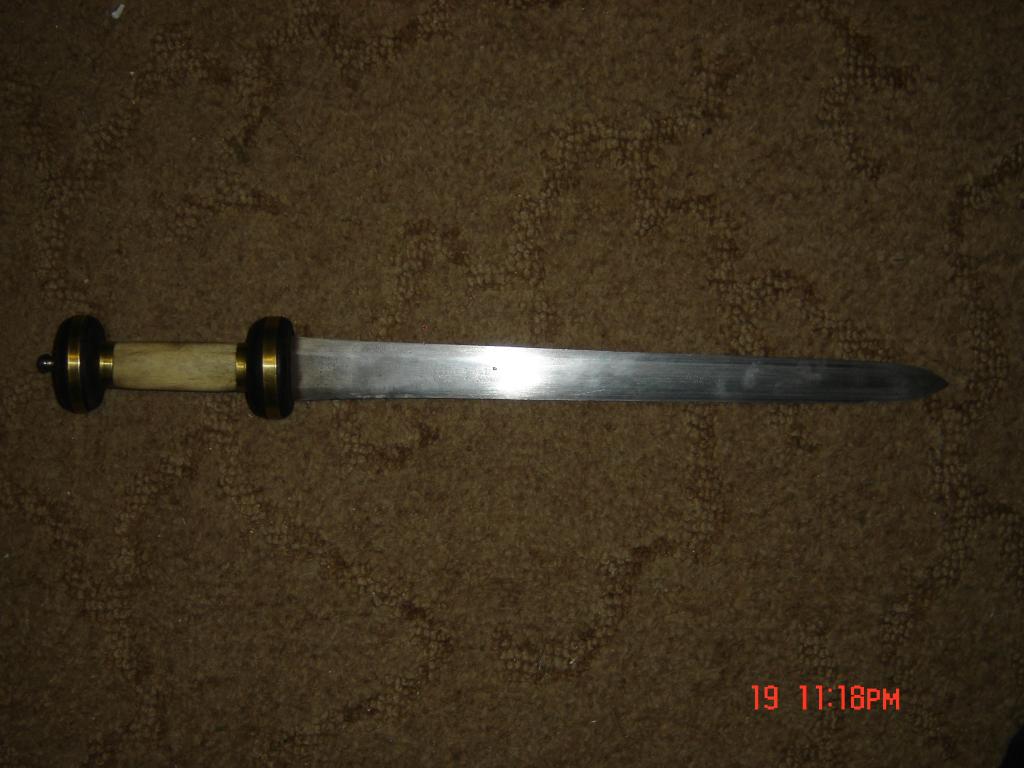I am really not a fan of longer blades, so the Cold Steel version was out (besides that, I have heard of quality problems). I wanted something that would fit my budget of $300, but wasn't finding anything I liked. Then, forum member Scott Woodruff offered to take it on as a "let's try this out" project. Now, Scott is busy with his job, so the going has been slow, and every now and again he sends me photos and progress reports and asks what I would like done on this or that aspect of the project. He said he doesn't want to do commissions after this, and that it's more of a hobby project (too many headaches trying to juggle this plus everything else - can't say as I blame him one bit; been there, done that). Anyway, here are the photos he has sent me thus far, from earliest to the most recent ones from a few days ago:
[img]
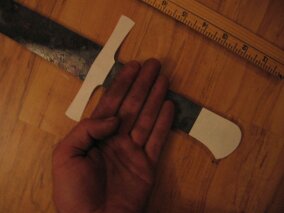 [/img]
[/img]
[img]
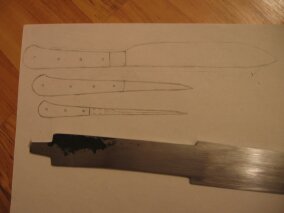 [/img]
[/img]
[img]
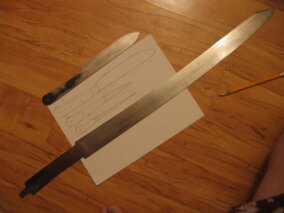 [/img]
[/img]
[img]
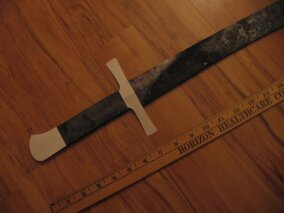 [/img]
[/img]
[img]
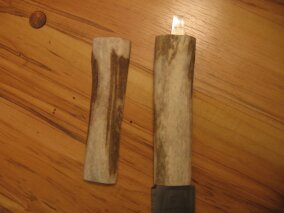 [/img]
[/img]
[img]
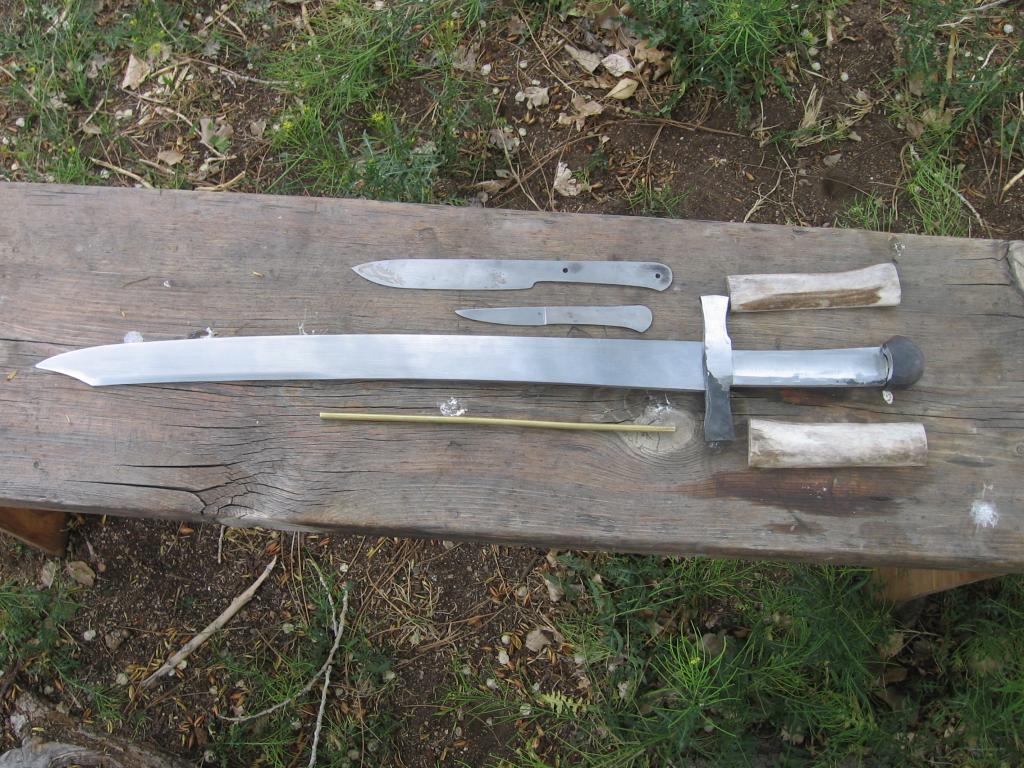 [/img]
[/img]
[img]
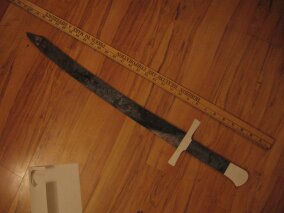 [/img]
[/img]
[img]
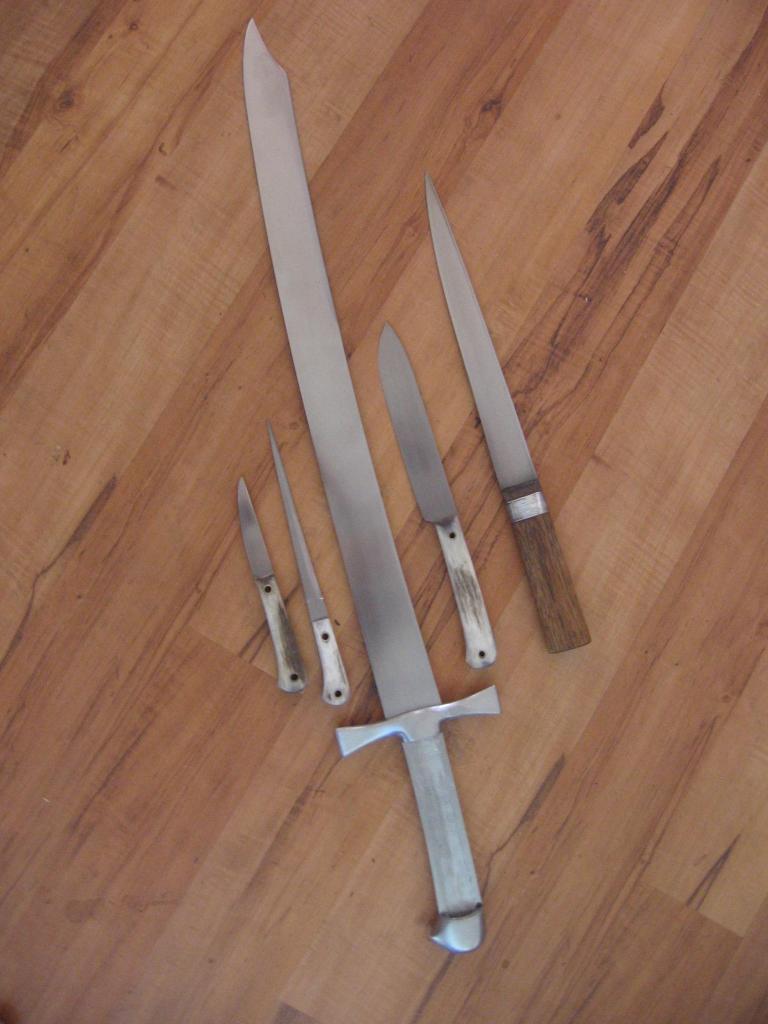 [/img]
[/img]
[img]
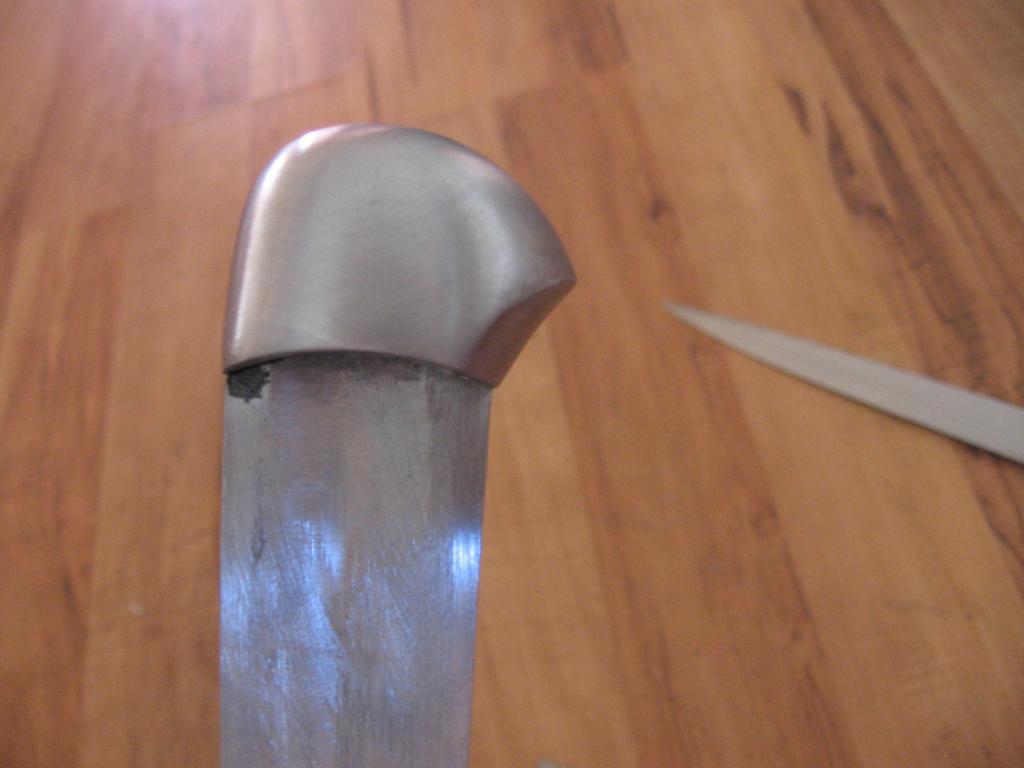 [/img]
[/img]
[img]
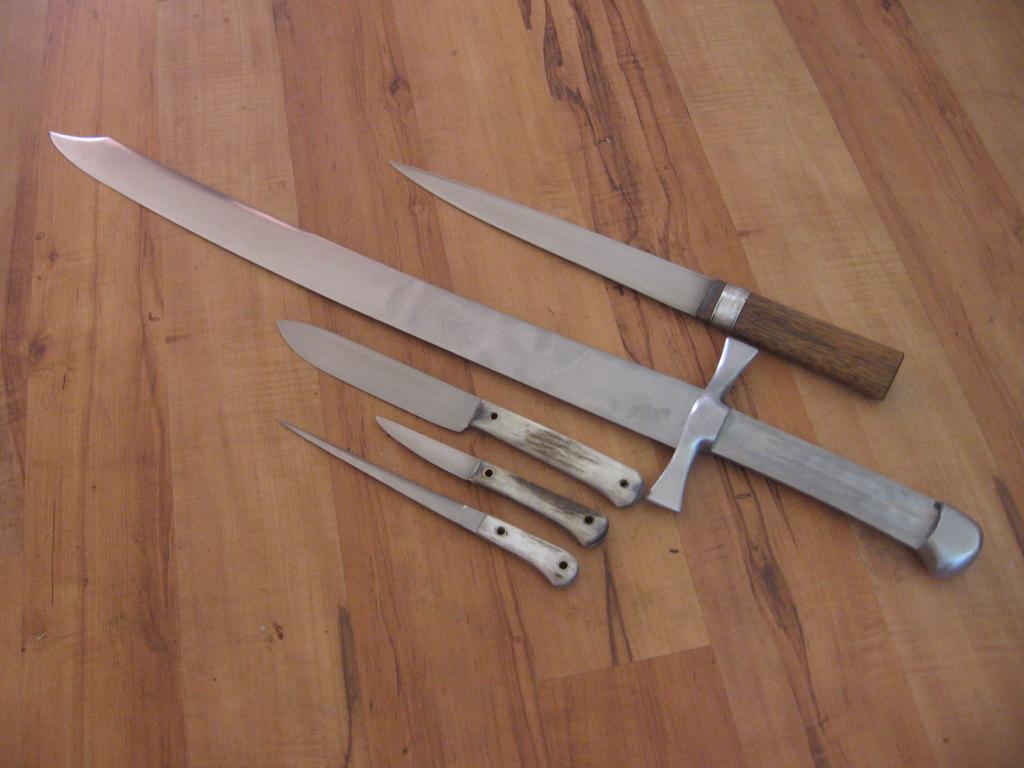 [/img]
[/img]
The messer blade is 21-1/2" long (a length that I like), and was made from an antique hay-knife. Not sure what steel the by-knives and pricker are made from. The pommel is antique wrought-iron. Grip scales are elk antler. Scott is currently working on the nagel and the scabbard and belt (which actually puts the cost over the original price, but worth it, IMO!). The large whittle-tang knife in the last photos is one Scott made several years ago, and which he is giving to me as an "extra" just for being so patient!
Will post more photos as I get them. Great work, Scott, and thanks!
